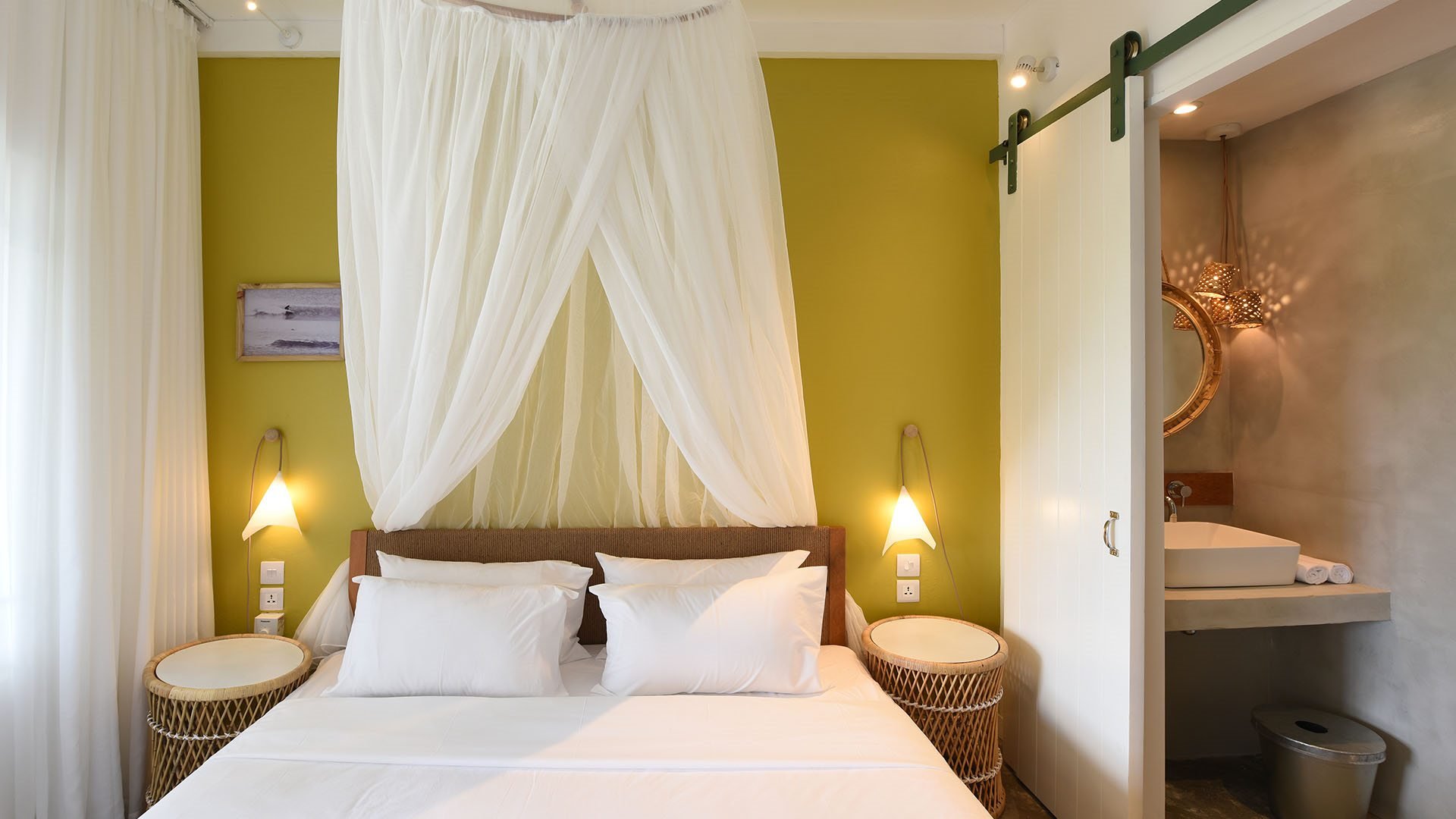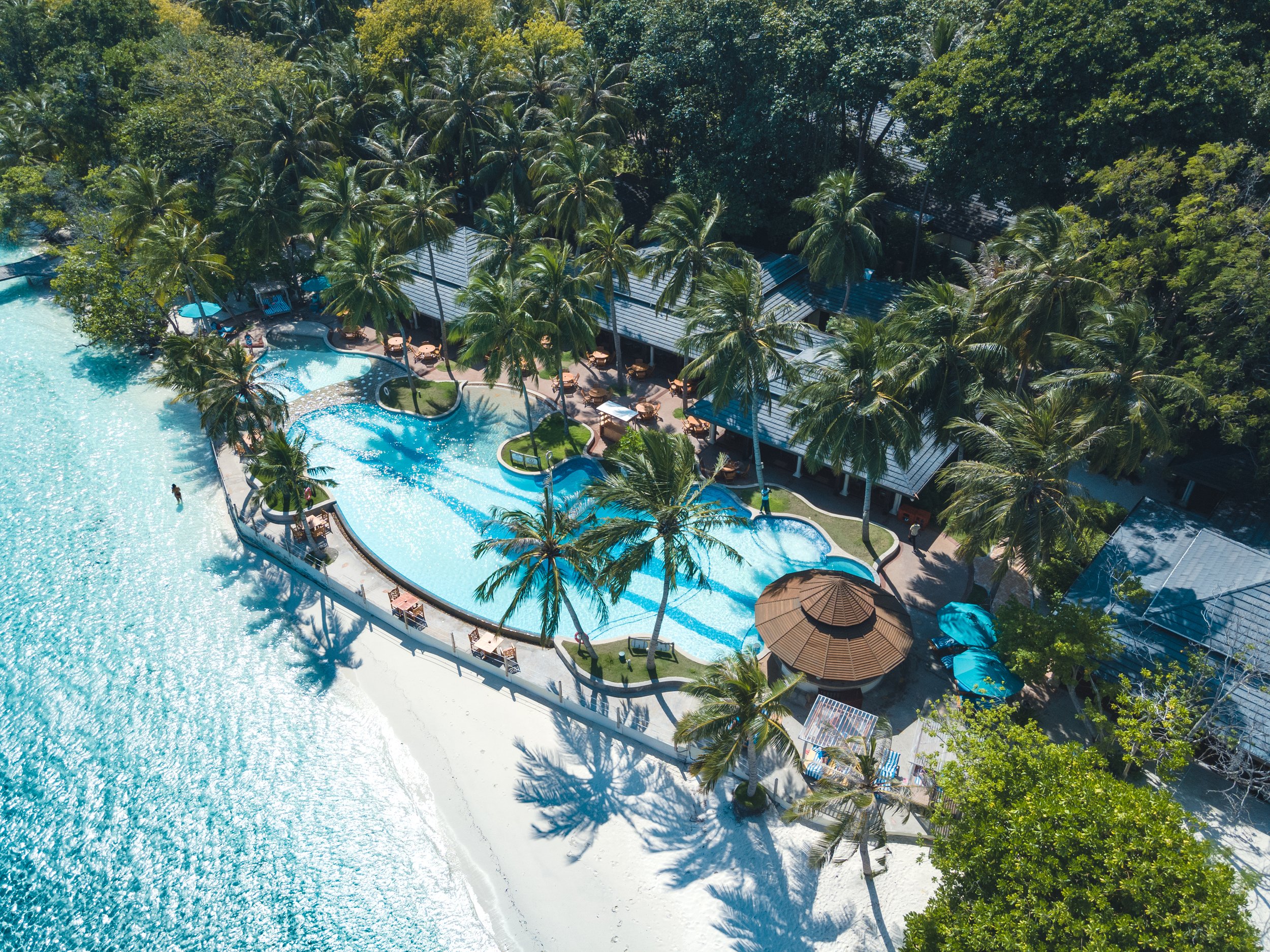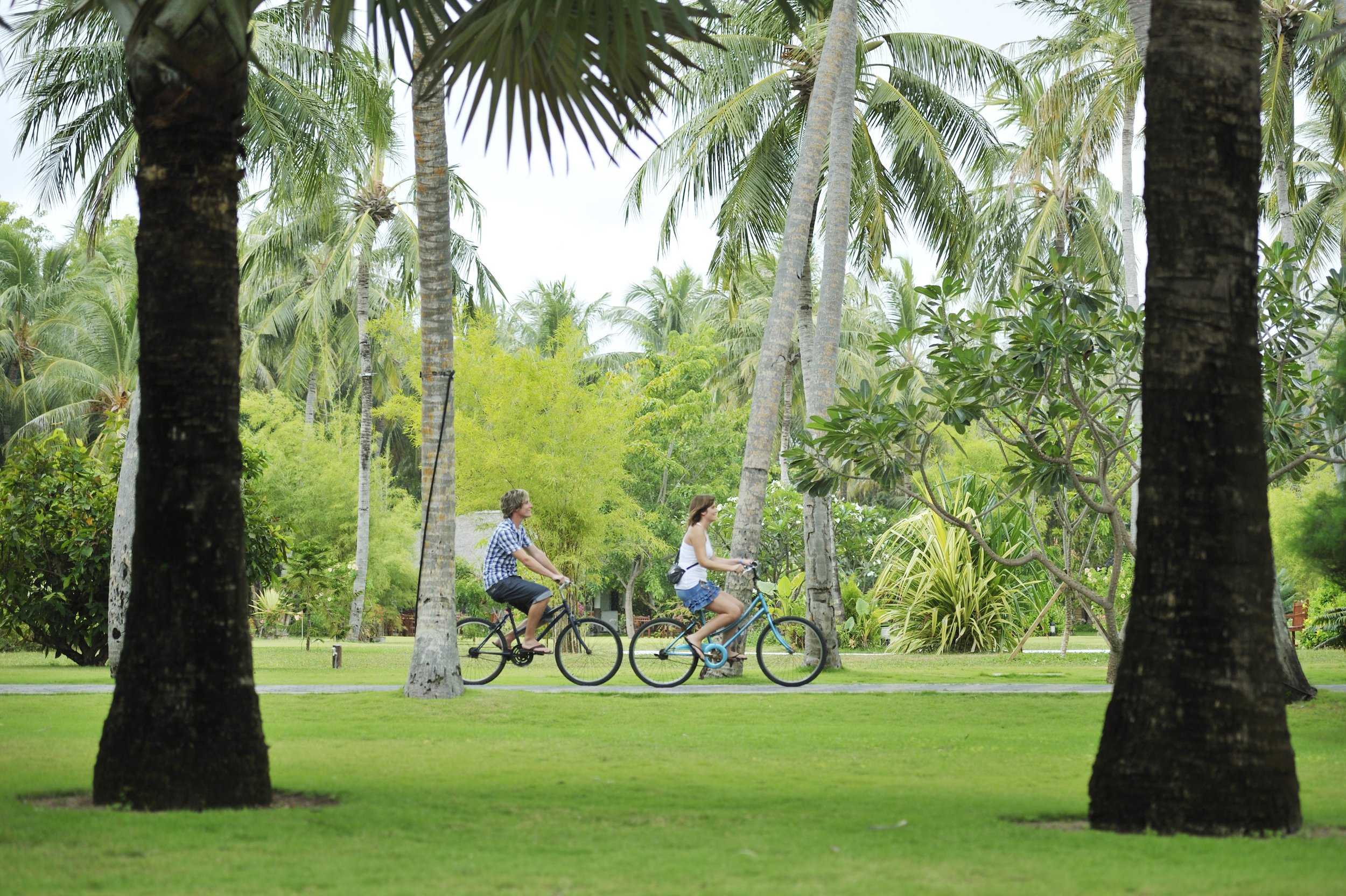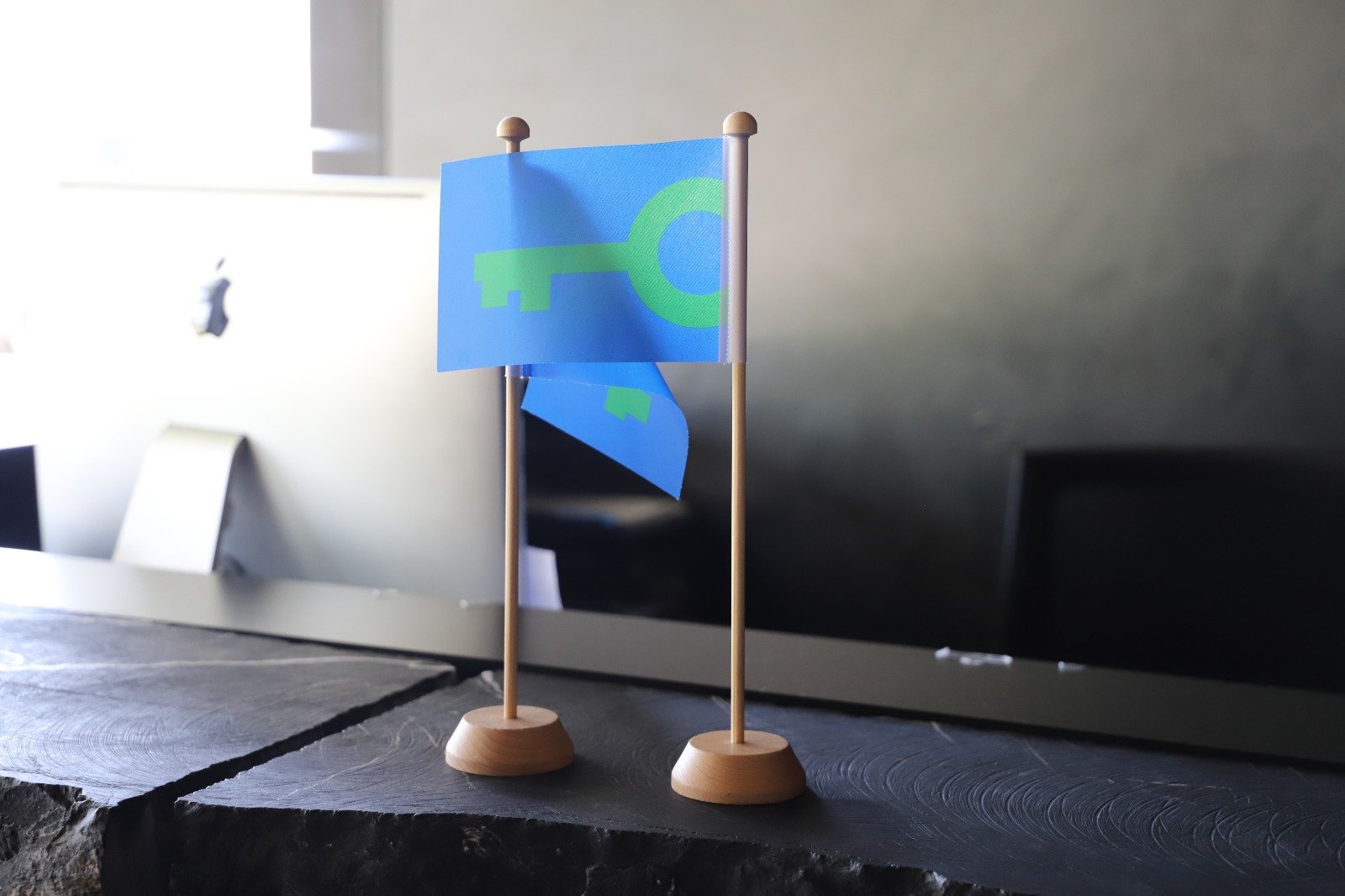The new Green Key corporate partner Reza Hygiene specialises in a high-quality range of products and services, which can be used by the hospitality sector. Their main products include food and beverage processing, ambient scenting, catering, fine dining, and fabric care.
Credits: Cottonbro (Pexels)
With almost 25 years of experience in providing hygiene and cleaning solutions for all industries, Reza Hygiene is a company with a strong regional heritage in Saudi Arabia that takes a highly responsible approach to chemical production. In line with the Kingdom of Saudi Arabia's Vision 2030, which aims for a vibrant society, a thriving economy and an ambitious nation, Reza Hygiene has also strengthened its sustainable commitment through several international accreditations. In addition, the company has invested in a state-of-the-art manufacturing plant that produces more than 40,000 tones of hygiene chemical products per year under license from leading international partners.
Furthermore, Reza Hygiene has pioneered the use of effective green chemical machinery and products in the housekeeping sectors, some of which include LEED accreditation. As part of its commitment to a more sustainable future, Reza Hygiene favors local and regional manufacturers whenever possible, as well as more natural bio-based and less harmful raw material substitutes. In addition, all products used by the Saudi Arabian company are packaged with locally sourced, recyclable materials. The packaging waste is then separated, returned and recycled by Reza Hygiene.
Finally, the enterprise has also been focusing on reducing its energy consumption through implementing long-lasting LED lights in all its facilities, as well as solar-heated water systems and solar-powered lighting.
The company's cooperation agreement with Green Key International aims to inform about the services and products Reza Hygiene can offer to the hospitality industry in the Middle East, but also to raise awareness about the Green Key certification programme in the Kingdom. Green Key International recognizes Reza Hygiene's high quality services and products for hotels, hostels and restaurants, covering areas such as food and beverage processing, room fragrancing, catering and fine dining, and textile care. About the partnership with Reza Hygiene, the Green Key International Director Finn Bolding Thomsen says:
"Green Key International is happy to enter a collaboration agreement with Reza Hygiene to increase the sustainability in the hospitality sector in the Kingdom of Saudi Arabia and other countries in the Middle East.”
Please visit our partner’s website to learn more about the services and products offered by Reza Hygiene.
















